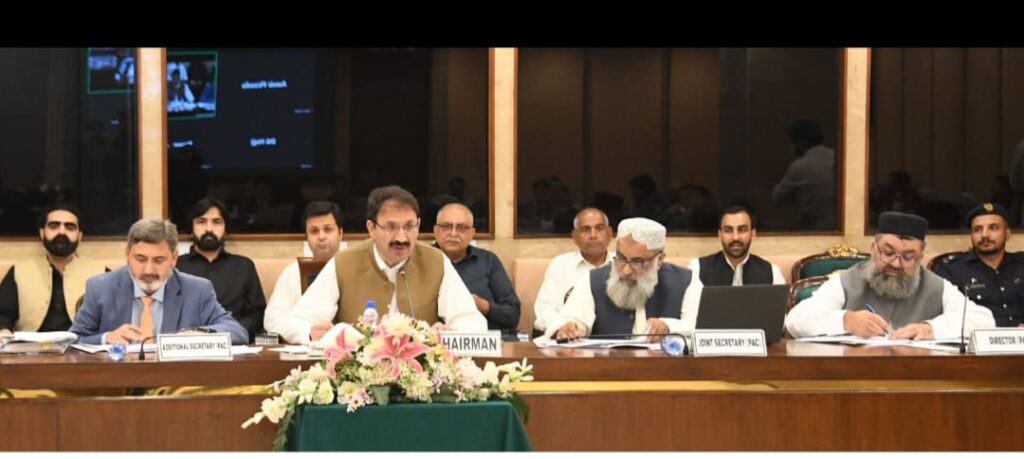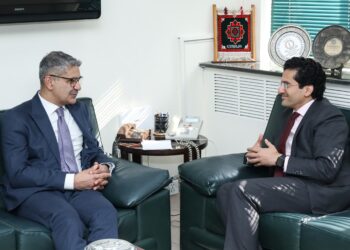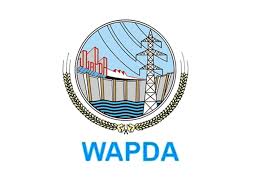
ISLAMABAD: The Public Accounts Committee (PAC) of Parliament has directed the Auditor General of Pakistan (AGP) to conduct a special audit of all Independent Power Producers (IPPs), focusing on capacity payments, efficiency, and the selection of sites such as the Sahiwal coal-fired power plant.
At a recent PAC meeting, chaired by Junaid Akbar, the Committee received a briefing on the power sector with reference to capacity charges paid to IPPs, their installed capacity, actual generation, and subsequent consumption since 2015. The Secretary, Power Division, and the CEO of Central Power Purchasing Agency (CPPA) briefed the Committee.
According to the presentation, the installed capacity of IPPs (excluding WAPDA and GENCOs) increased from 9,765 MW in 2015 to 26,642 MW in 2024, while capacity payments surged from Rs 141.5 billion in 2015 to Rs 1.434 trillion in 2024. Actual generation also rose from 50,606 GWh in 2015 to 90,676 GWh in 2024.
However, the Committee expressed dissatisfaction, noting that the presentation lacked comprehensive data on electricity generation, its utilization, and corresponding capacity payments. Members questioned whether the Indicative Generation Capacity Expansion Plan (IGCEP) was followed during the expansion phase of 2015–2018.
The decision to establish the Sahiwal coal plant on imported coal was also criticized due to high transportation costs and environmental concerns. PAC members noted that many countries, including China, are phasing out coal-based plants, yet Pakistan continues to rely on coal.
During the meeting, Omer Ayub Khan raised the issue of irregular diversion of Rs 45 billion from fuel payments to capital expenditure, referring the matter to the FIA for investigation and recovery. He also proposed obtaining feeder-wise data from NPCC to verify actual load-shedding across the country.
The Committee expressed concern over escalating per-unit electricity costs, largely attributed to capacity payments, and demanded to know who made the policy decisions that have burdened both industry and consumers. It also sought clarity on how the Power Division plans to reduce costs through cheaper fuels and renewable energy.
PAC further directed the Power Division to provide a detailed breakup of coal plants running on imported coal versus Thar coal, along with cost comparisons of local and imported coal-based generation, and a comparative analysis with other countries. Year-wise installed capacity and utilization data was also sought.
Members raised alarm over LNG imports, questioning why plants running on RFO and gas were rendered dysfunctional while huge payments in foreign currency were made for RLNG. Reports that some dysfunctional plants were still receiving capacity payments, ultimately passed on to consumers—30–40% of whom live below the poverty line—drew sharp criticism.
The Committee directed that the impact of rupee devaluation against the dollar on LNG imports and IPP payments must also be investigated. Concerns were also raised about scheduled and unscheduled load-shedding despite surplus generation, as well as the imposition of taxes on solar energy.
In response to a question on why surplus power was not supplied to industries and agriculture, the Secretary, Power Division, said last year surplus electricity was provided to industries for three months in winter, with IMF approval. He added that a proposal to extend supply for six months is under discussion with the IMF.
PAC members also questioned the definition of “protected consumers” who benefit by using less than 200 units per month for six consecutive months. They recommended removing the six-month condition to expand relief. The Secretary explained that protected consumers rose from 11 million in 2018-19 to 18.7 million in 2025, with Rs 389.9 billion in subsidies being provided by the government. He said the government plans to transition to a direct subsidy system via BISP data by 2027.
The Committee also questioned the rationale for different tariffs in peak and off-peak hours despite surplus electricity.
The PAC decided to refer the matter to Sub-Committee III, headed by MNA Malik Muhammad Aamir Dogar, for detailed examination of audit reports related to the Power Division. Senator Mohsin Aziz will also be included as a member. The Committee directed the AGP to carry out a comprehensive special audit of all IPPs, addressing all questions raised during the meeting.
Ends














